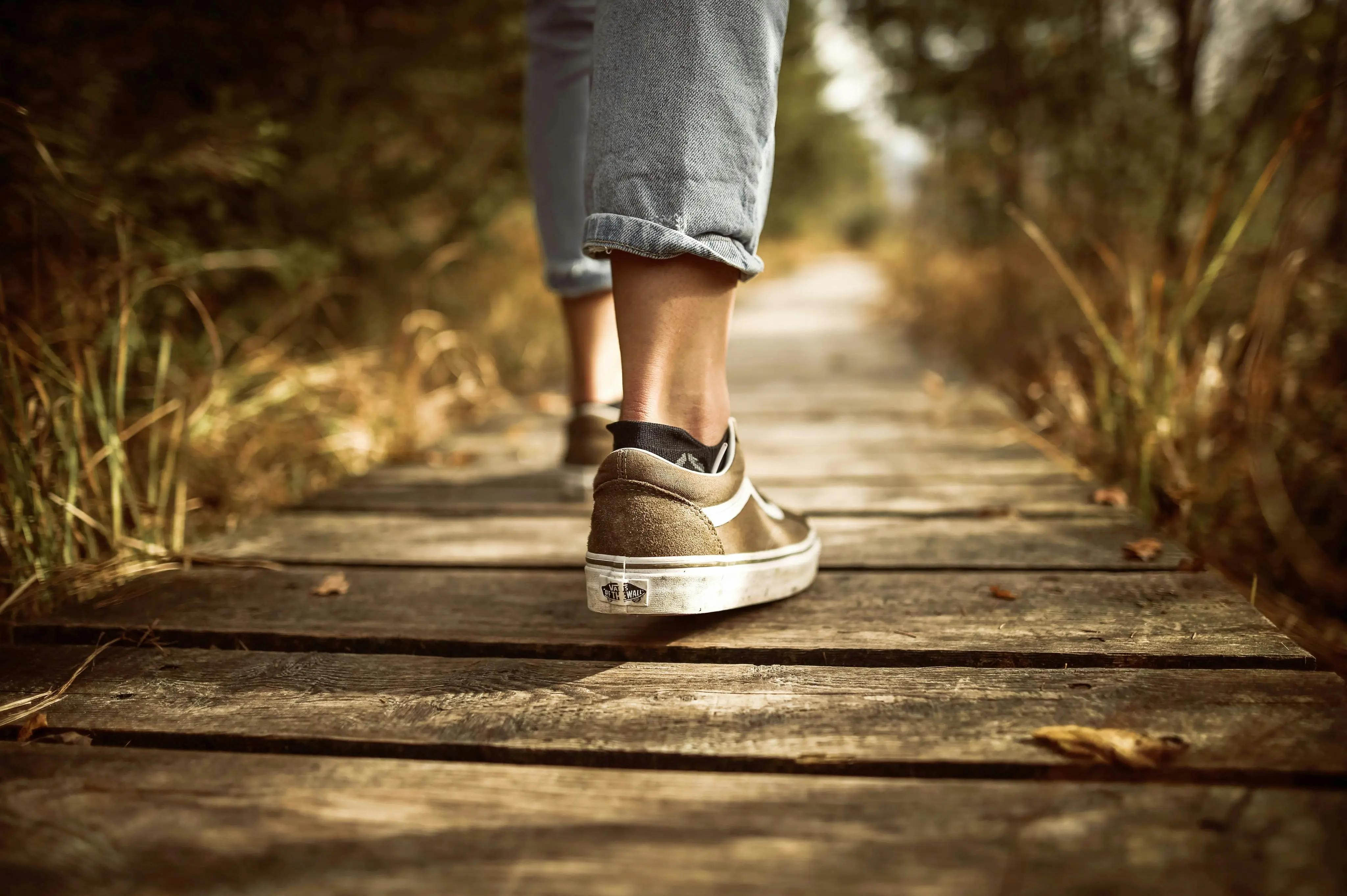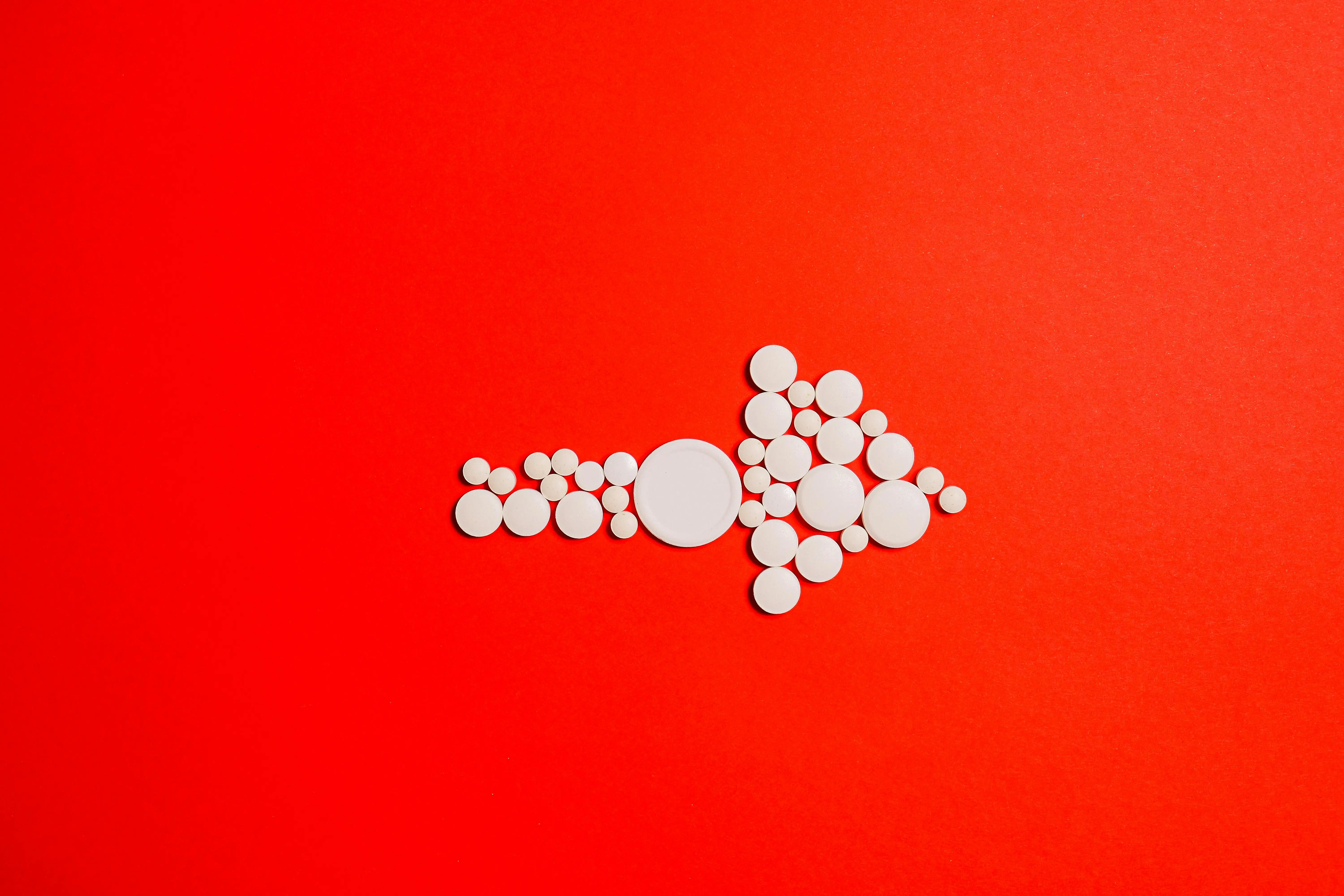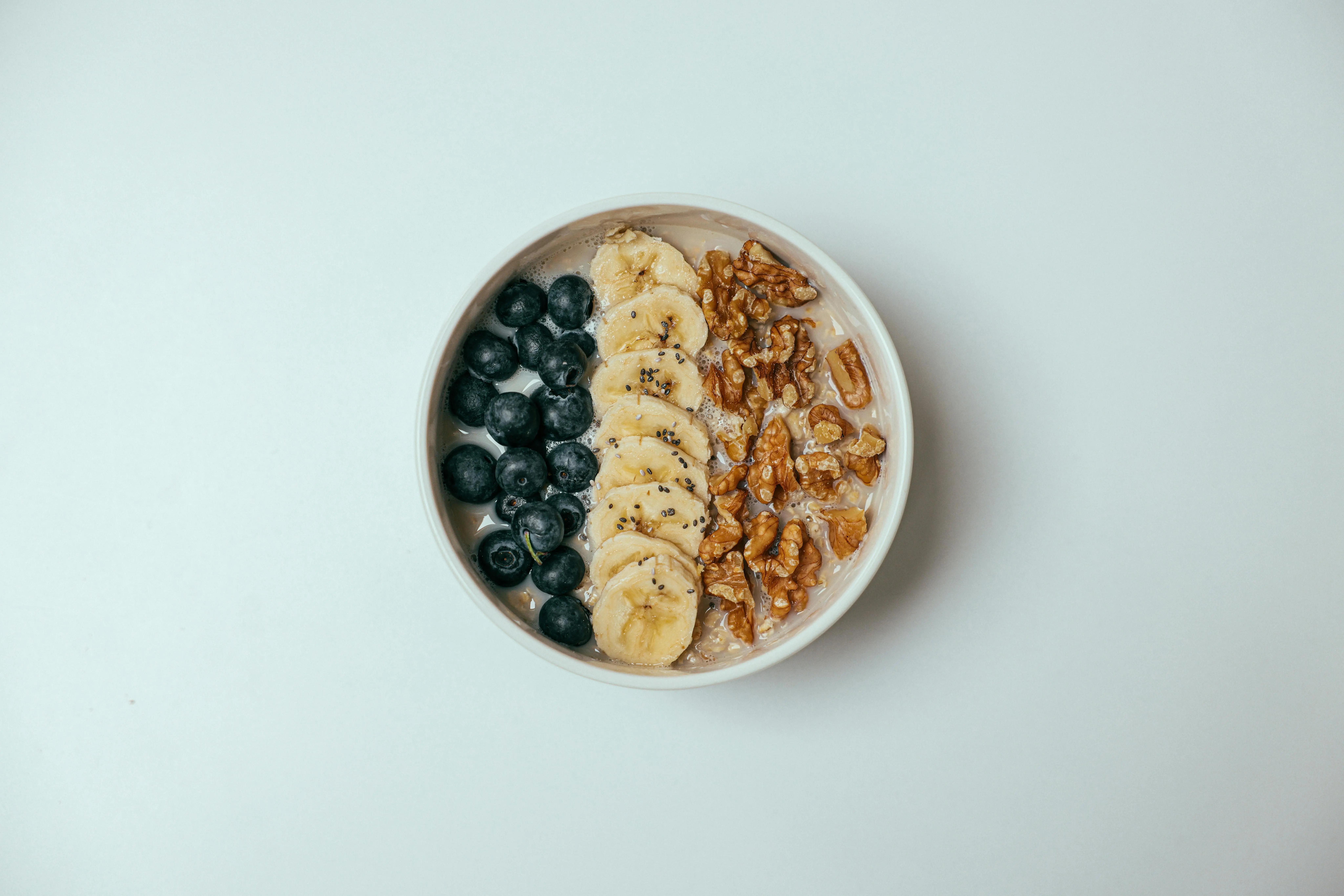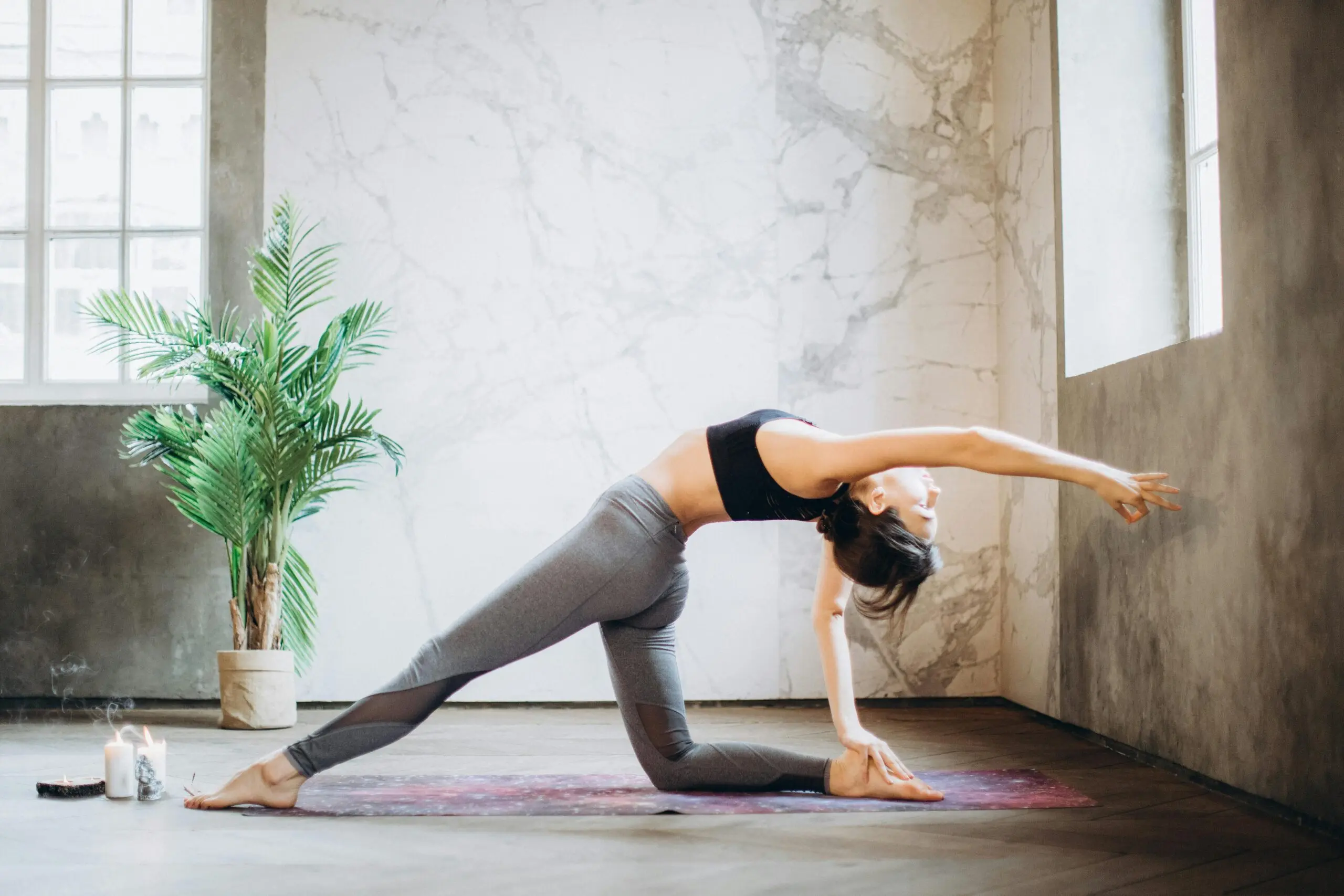Less is more: Why 7,000 steps are sufficient
"10,000 steps a day" – this phrase has ingrained itself in our health culture. But what if this goal isn't necessary? A recent meta-analysis, published on lifespan.io, makes it clear: Just 7,000 steps a day can drastically reduce the risk of premature death – regardless of age or gender.
For those who believe they need to jog through the city park daily or achieve 15,000 steps to age healthily, here's some good news: The dose makes the difference – but it's smaller than you think.
The data situation: What the research really says
The analysis is based on over 15 studies with more than 47,000 participants. The researchers showed that between 6,000 and 8,000 steps per day a so-called plateau occurs, where the health benefits do not significantly increase further.
Particularly interesting for those interested in longevity:
- The risk of death decreased significantly with just 7,000 steps per day.
- The difference between 7,000 and 10,000 steps was marginal.
- The health benefits applied regardless of intensity or speed – it's about the sum, not the speed.
By the way, the goal of 10,000 steps originally comes not from medicine, but from a Japanese advertising campaign of the 1960s - without scientific basis.
Longevity begins in everyday life, not in the gym.
Anyone seriously concerned with a healthy, long life knows: Exercise is one of the four main pillars of longevity - along with nutrition, regeneration, and emotional health. It is always apparent: It doesn't have to be extreme, but it has to be regular.
What does this mean specifically for your daily life?
- 7,000 steps correspond to about an hour of leisurely walking.
- Whoever uses a standing desk, integrates short walks into their daily routine, or regularly chooses stairs over an elevator, quickly reaches the goal.
- Also, according to research, three to four shorter movement sessions of 15–20 minutes distributed throughout the day show comparable effects.
The key point: Consistency beats intensity. And this is exactly what makes this approach so compatible with a modern lifestyle.

















